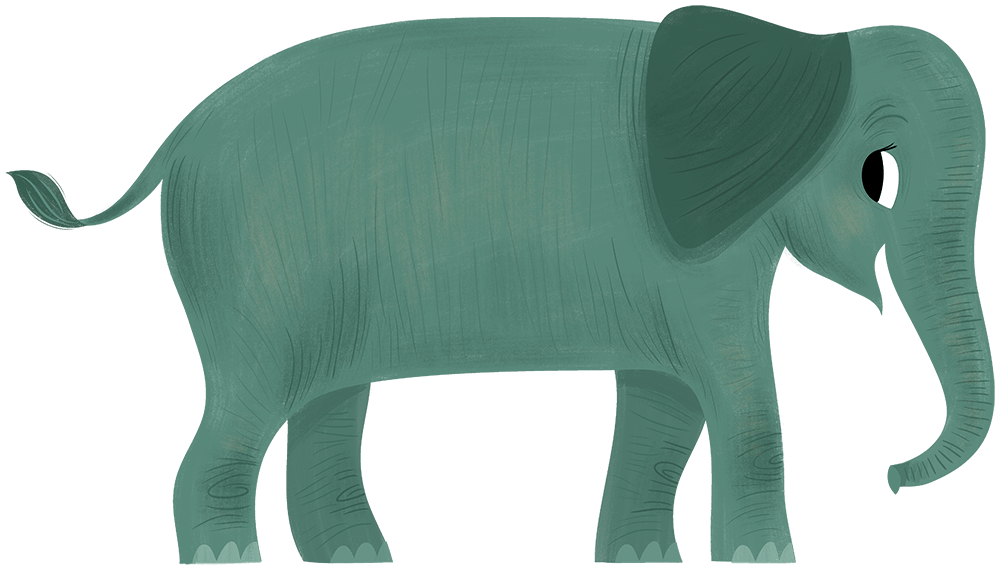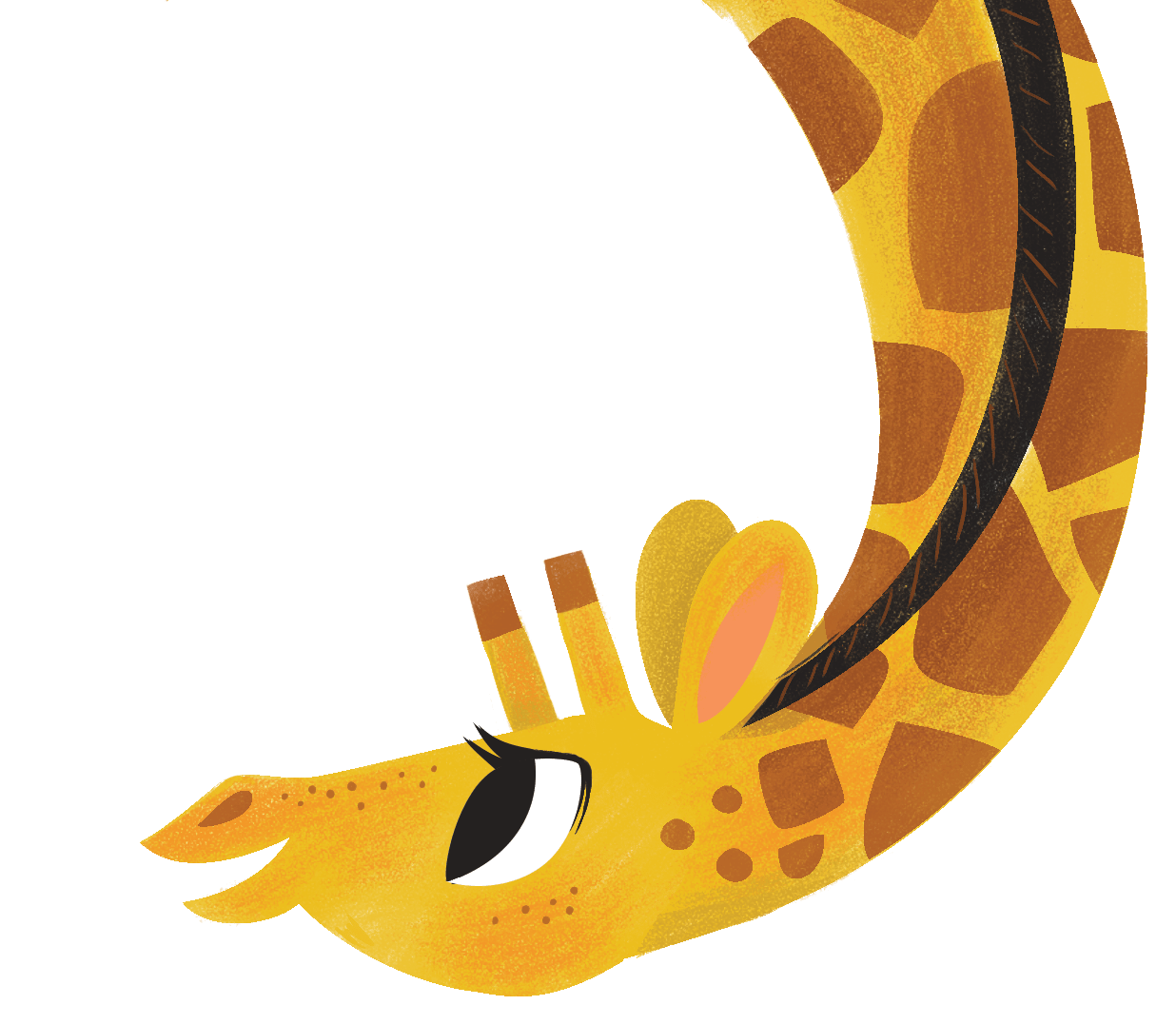 This week the Bat Poets graduated to the melancholy lilt of the bagpipe and the sounds of sentences from their own stories, and I flew home from the residency for the Vermont College MFA in children’s and YA literature, aka Boot Camp for Writers. Take clump of writers who are comfortable with solitude and often spend their days mucking around in their own brains. Plant them in dorms; toss them into constant conversation; tromp them through sifting snow to meals and presentations and readings; ask them to be vulnerable and playful and brave about their writing–and open their hearts and minds to how much they have to learn about the art of writing (whether they are there as student or faculty). Luckily, we laugh. I hope Dr. Noble’s portrait appreciates the affectionate dress-up games.
This week the Bat Poets graduated to the melancholy lilt of the bagpipe and the sounds of sentences from their own stories, and I flew home from the residency for the Vermont College MFA in children’s and YA literature, aka Boot Camp for Writers. Take clump of writers who are comfortable with solitude and often spend their days mucking around in their own brains. Plant them in dorms; toss them into constant conversation; tromp them through sifting snow to meals and presentations and readings; ask them to be vulnerable and playful and brave about their writing–and open their hearts and minds to how much they have to learn about the art of writing (whether they are there as student or faculty). Luckily, we laugh. I hope Dr. Noble’s portrait appreciates the affectionate dress-up games.
Art.
A terrible way to make a living.
A fasincinating way to live.
 For the past few Vermont College residencies, I’ve been thinking about how writers can effectively create a couple of emotions we dislike in most of our lives but like in stories: tension and surprise. I started thinking about the pleasure of surprise through an interview with Ira Glass of This American Life, who pointed out that “a lot of great stories hinge on people being wrong.” In doing his radio storytelling, he says, “you want to manipulate the evidence and the feelings so that the audience is right there agreeing with the person who’s about to be proven wrong. When that happens, if it’s done right, you as the audience get flipped upside down.”
For the past few Vermont College residencies, I’ve been thinking about how writers can effectively create a couple of emotions we dislike in most of our lives but like in stories: tension and surprise. I started thinking about the pleasure of surprise through an interview with Ira Glass of This American Life, who pointed out that “a lot of great stories hinge on people being wrong.” In doing his radio storytelling, he says, “you want to manipulate the evidence and the feelings so that the audience is right there agreeing with the person who’s about to be proven wrong. When that happens, if it’s done right, you as the audience get flipped upside down.”
Flipped upside down.
A terrible feeling in life.
A fascinating feeling in a story.
 One reason I love and hate to travel is that constant flipped upside down feeling. Surprise leaps from around every corner, keeping me off balance and off center. Last summer when I was in Ethiopia, the Fulbright Hayes teachers got to listen to what is has been like to live an artist’s life there for the past five decades. One talked about the unexpected and subversive that can be woven so invisbly through Ethiopian languages, providing a way to speak truth through humor and double meanings.
One reason I love and hate to travel is that constant flipped upside down feeling. Surprise leaps from around every corner, keeping me off balance and off center. Last summer when I was in Ethiopia, the Fulbright Hayes teachers got to listen to what is has been like to live an artist’s life there for the past five decades. One talked about the unexpected and subversive that can be woven so invisbly through Ethiopian languages, providing a way to speak truth through humor and double meanings.
 Throughout those intense decades, often seeped with suffering, stories have never been silenced. People have never stopped making art. (Under the communists, one artist said with a smile, at least everyone learned how to make posters.)
Throughout those intense decades, often seeped with suffering, stories have never been silenced. People have never stopped making art. (Under the communists, one artist said with a smile, at least everyone learned how to make posters.)
After listening to a Vermont College presentation by Elizabeth Partridge about the creating of her nonfiction books, I found an ending for my own presentation about surprise. Sure, surprise is fun. Sure, it often makes us laugh. Sure, when the goblin leaps from under the covers, it can make us giddy with terror that’s somehow delicious. Sure, it can keep our brains working hard to put together clues and unravel mystery. But surprise does something else, too.
 It shakes up our expectations and our thinking about the way things have always been. Surprise is not on the side of the powerful. It makes us think about the way things might be and could be and maybe can be, in the future.
It shakes up our expectations and our thinking about the way things have always been. Surprise is not on the side of the powerful. It makes us think about the way things might be and could be and maybe can be, in the future.
The reading and writing of stories can change everything. So if Boot Camp for Writers wakes us up and shakes us up and leaves us feeling defenseless…well…thank goodness it happens only twice a year. And thank goodness it happens at all.


3 thoughts on “Surprised in Ethiopia and Vermont”
that is so fascinating, that we delight in being shocked and totally manipulated in literature and that those things can be so devestating in real life. food for thought indeed. I just read a book that saved that “flip” until the very last page. It was jaw dropping and I loved it.
Also just had a real life “flip” and it is chafing in a big way.
Thanks for the insights dear Jane.
Just wondering if you’ll be back in VT. We have a daughter from ET and love your books!
Yep–I plan to be at the next VCMFA residency in July, too, and am hoping for better weather (although those dorms get awfully hot in the summer time). I’d love to have coffee or something if it would work for you.